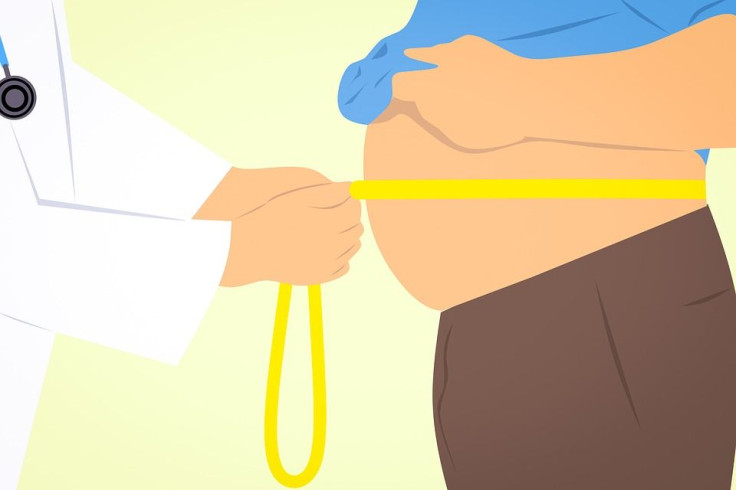Stomach Bloating And Celiac Disease – Understand Their Relationship

Stomach bloating is experienced by many individuals. A lot of people can attest to having a bloated stomach at least once in their life. Bloating can lead to feelings of discomfort and pain. While there are instances when it would just go away, there are cases when it would mean a more serious health problem.
Celiac Disease
Have you heard about celiac disease? It is an ailment that affects the digestive tract. Celiac disease is characterized by inflammation in the intestines. This leads to bloating and other adverse digestive problems.
A study that looked into 1,032 adults who suffered from celiac disease ascertained that a common symptom among patients was bloating. About 73% of those diagnosed with celiac disease reported to have felt bloated before they knew that they were suffering from celiac disease.
Common symptoms of celiac disease include bloating, cramps, and feeling full. There are instances when the celiac disease would also affect asymptomatic individuals. The latter refers to those who are known to suffer from a certain illness, but they don’t show any symptoms of their ailments.
Serious Symptoms of Celiac Disease
More than just bloating, the disease carries more serious symptoms, which would include diarrhea, fatigue, tingling, mouth sores, and rash, which normally appear on the knees, elbows, and scalp. These symptoms can be managed through adherence to a gluten-free diet.
There is no known cure for celiac disease. It is a lifelong condition that needs to be properly managed by the patient. As mentioned earlier, a gluten-free diet means staying away from wheat, rye, or barley. Some oats would have to be shunned as well, except if they are labeled to be gluten-free. You also need to avoid beer, bread, cakes, crackers, cookies, pasta, pies, even gravy.
According to the NHS, even if you do not exhibit those serious symptoms, and you consider the symptoms only to be mild, it is still recommended to shift to a gluten-free diet. This will ensure that you do not exacerbate your condition and avoid serious complications.
Always remember, if you notice that you've had a bloated stomach, better consult your physician. Then you will know whether you are suffering from celiac disease or not.
© Copyright IBTimes 2025. All rights reserved.





















